

Sheilah Kimble shared their story and experiences with us recently and you can find our conversation below.
Sheilah, it’s always a pleasure to learn from you and your journey. Let’s start with a bit of a warmup: What makes you lose track of time—and find yourself again?
I lose track of time when I’m creating something that matters, or when I’m helping someone to find their breath again. When I’m building something that wasn’t supposed to exist, like a bridge, a balm, or a blueprint for healing.
Time slips by when I’m in the work. When I’m writing a curriculum that survivors can feel in their bones. When I’m translating the pain into a purpose, and the purpose into power.
I lose time when I’m deep in the rhythm with one of my poems, or a prayer, or a plan that for me has a beat with rhythm and rhyme as part of my creativity. When the words come like water, flowing like the Euphrates rivers which makes my work feels holy.
I lose time when I’m holding space for someone’s truth, when I’m listening to the silence between their sentences, and when I’m rewriting the story so that it doesn’t end in shame.
And I would do it all again. Every late night.
Every revision. Every moment I thought that I was too tired to keep going, but did anyway.
Because in that timeless space, that peaceful moment, I find myself. Again.
And again. And again.
Can you briefly introduce yourself and share what makes you or your brand unique?
About the Author
Sheilah Y. Kimble, MPA, Dual BA, SUDCC-IV, Certified Domestic Violence Advocate, AS in Addiction Counseling, and AA in Social & Behavioral Sciences, is an author, playwright, and screenwriter. She is a visionary curriculum designer, poet, and trauma-informed healing arts facilitator. As founder of a survivor-centered nonprofit, she creates restorative justice programs, that are infused with spoken word rituals, and culturally responsive curricula that are rooted in ancestral wisdom and urban clarity. Her work transforms pain into purpose, crafting language that survivors can feel in their bones and communities can rise from.
Great, so let’s dive into your journey a bit more. What part of you has served its purpose and must now be released?
The part of me that has carried survival like a shield, always alert, and always bracing,
has served its purpose.
She kept me safe.
She kept me sharp.
She got me here.
But now, I release her.
I release the urgency.
The over-explaining.
The quiet shrinking to make others comfortable.
I release the version of me who turned every wound into a workshop, every ache into an offering, and every silence into a syllabus.
She was brilliant.
She was necessary.
She was tired.
Now, I choose joy without apology.
Now, I speak truth without trembling.
Now, I create from the overflow, and not the emptiness.
That part of me did her job.
She built the foundation.
She taught me how to rise.
And now, I let her rest.
What did suffering teach you that success never could?
Suffering taught me how to sit with silence.
How to listen for the lessons that are buried beneath the ache. How to hold my own hand when no one else would.
Success never taught me that.
Suffering taught me how to build altars from ashes, and how to speak truth with trembling lips, and how to rise without an applause.
It taught me how to lead from the wounds,
and not the ego. How to create from the marrow, and not the mask.
I’ve known the weight of unjustified silence,
the sting of betrayal wrapped in a kindness,
the ache of rebuilding a life from the wreckage that someone else caused.
I’ve rewritten my story in shelters, in classrooms, in prayer, and I’ve braided curriculum from trauma, and poetry from survival.
Success gave me platforms.
Suffering gave me purpose.
Success gave me recognition.
Suffering gave me revelation.
It taught me how to love without conditions,
how to forgive without forgetting, how to walk into rooms where my name was never meant to be spoken, and speak it anyway.
Suffering taught me that healing is not a destination. It’s a daily decision. A ritual.
A resistance.
And while success may open doors,
suffering has taught me how to walk through them with my head high, my heart whole, and my story intact.
Alright, so if you are open to it, let’s explore some philosophical questions that touch on your values and worldview. What’s a belief or project you’re committed to, no matter how long it takes?
There’s a project that I’ve committed to, one that’s less about deadlines and more about destiny. It’s the kind of work that doesn’t fit neatly into grant cycles or strategic plans. It’s legacy work. Soul work. The kind of work that whispers to you in the middle of the night and won’t let go.
I’m building spaces where survivors don’t have to shrink in order to be safe. Where truth isn’t just spoken, it’s honored. Where healing isn’t rushed, commodified, or sanitized. I’m committed to crafting curriculum and a space that survivors can feel in their bones. Language that liberates. Rituals that restore. Programs that don’t just check boxes, they change lives.
This commitment didn’t come from theory. It came from lived experience. From courtroom silences and shelter walls. From rewriting my own story in the margins of systems that weren’t built for me. From watching survivors carry brilliance in their bodies while the world tried to reduce them to statistics.
I’ve braided poetry from survival. I’ve built workshops from wounds. I’ve turned trauma into templates for transformation. And I’ve learned that this kind of work takes time, the kind of time that stretches across generations.
So I keep showing up. I keep writing. I keep reimagining. Not because it’s easy. But because it’s sacred.
This isn’t just a project. It’s a promise. To myself. To my people. To the ones who never got to speak.
And I will keep building until the work becomes the world.
Okay, so let’s keep going with one more question that means a lot to us: When do you feel most at peace?
I feel most at peace when I’m creating something that didn’t exist before, something that carries truth, rhythm, and healing. Whether it’s a spoken word piece that lands like a prayer, or a curriculum prompt that survivors can feel way deep within their bones, that moment of emergence that brings me home to myself.
Peace finds me in the quiet after the storm.
In the breath between verses. In the stillness of a room where someone’s story has just been honored.
I feel most at peace when I’m helping others reclaim their voice. When I’m holding space for truth without rushing it. When I’m building something that says, “You matter. You’re not alone. You’re allowed to rise.”
Peace isn’t always soft. Sometimes it’s fierce. Sometimes it’s the clarity that comes after letting go of what no longer serves a purpose. Sometimes it’s the joy that shows up uninvited, because I finally made room for it.
I feel most at peace when I’m aligned. With purpose on purpose. With legacy. With the sacred work of turning pain into power.
That’s when I know I’m exactly where I’m meant to be.
Contact Info:
- Website: https://www.Duncantell.org
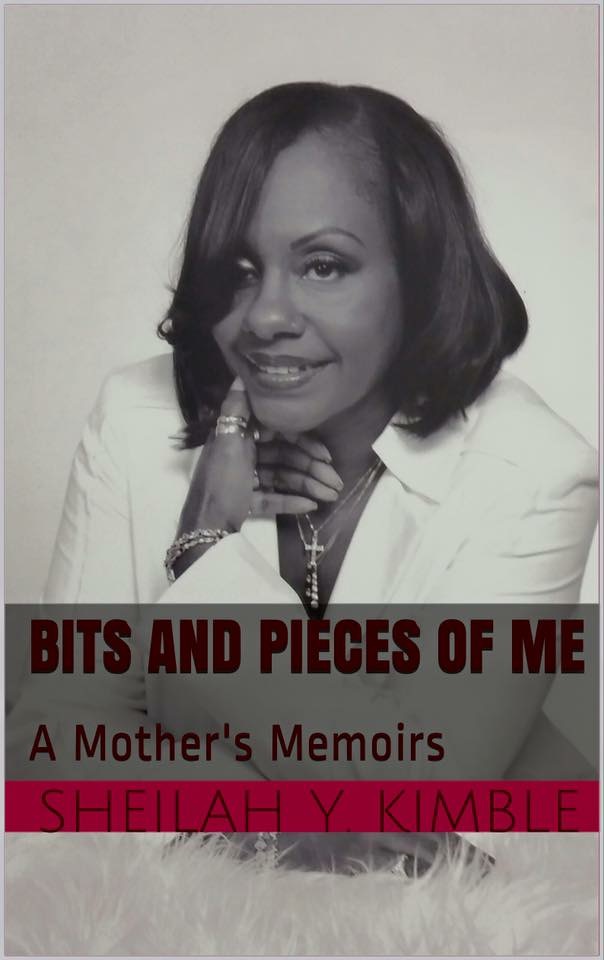
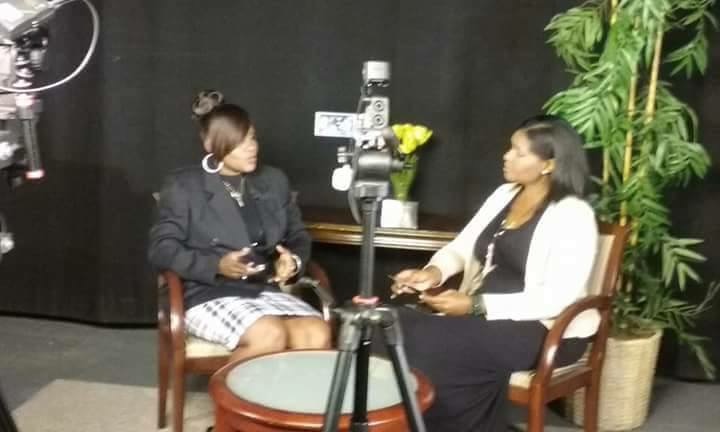
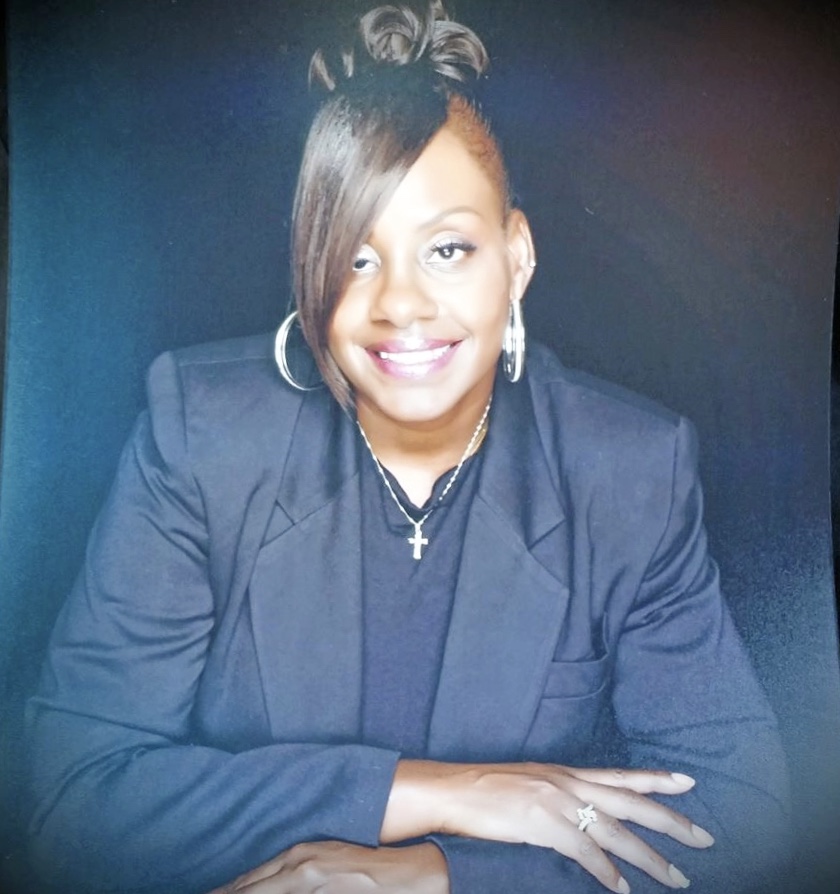

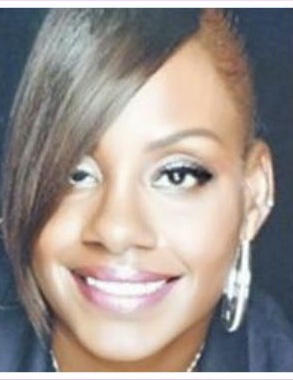
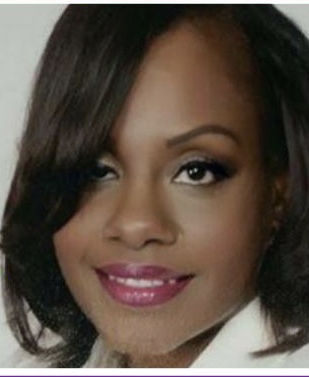
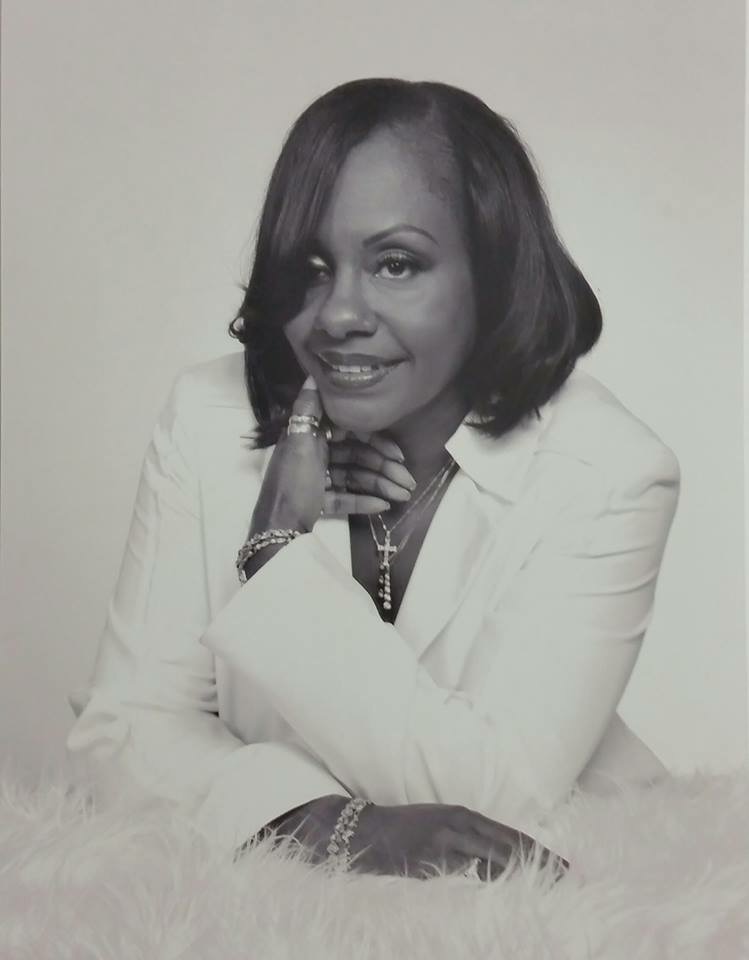

Image Credits
Juliette Hagerman for most of the image credits














